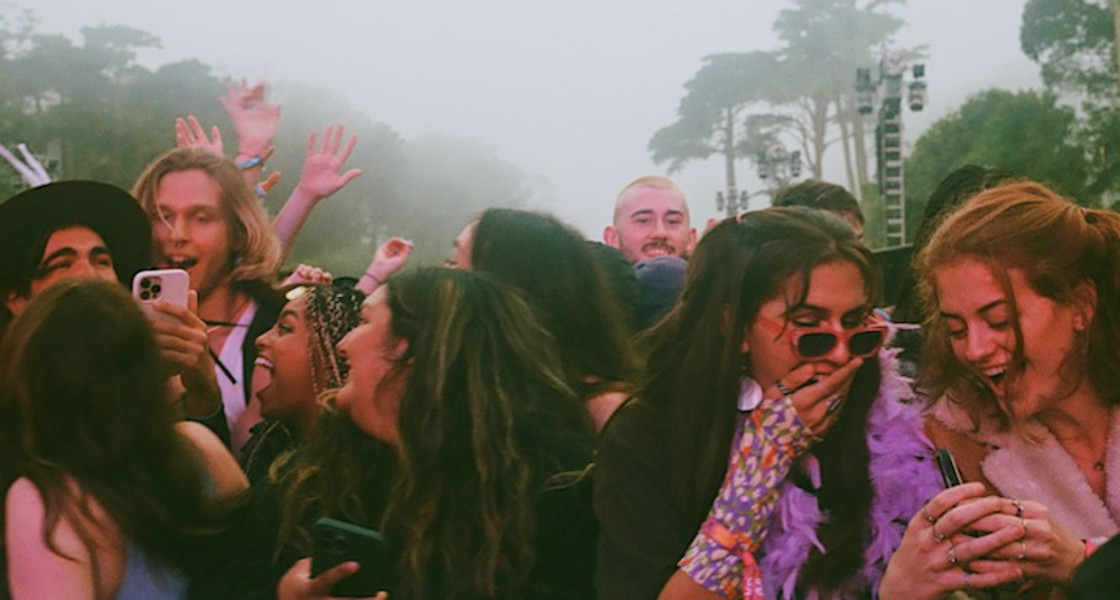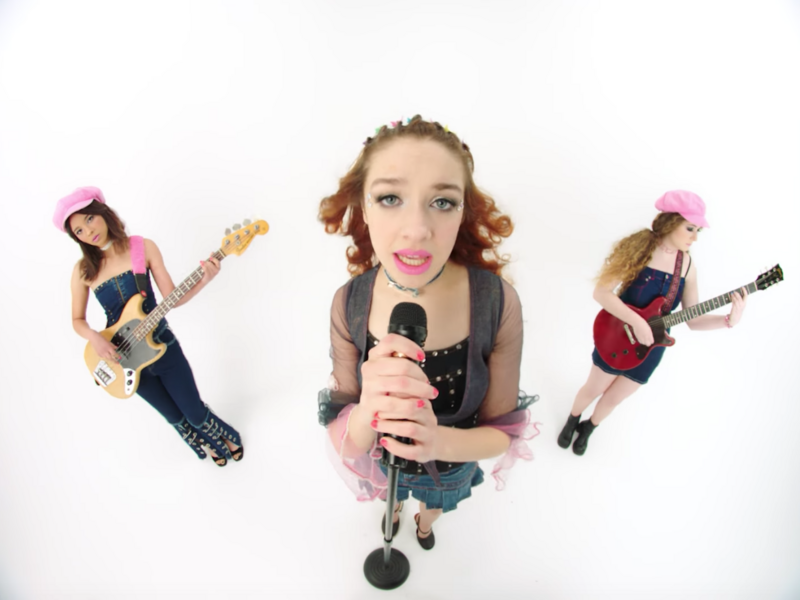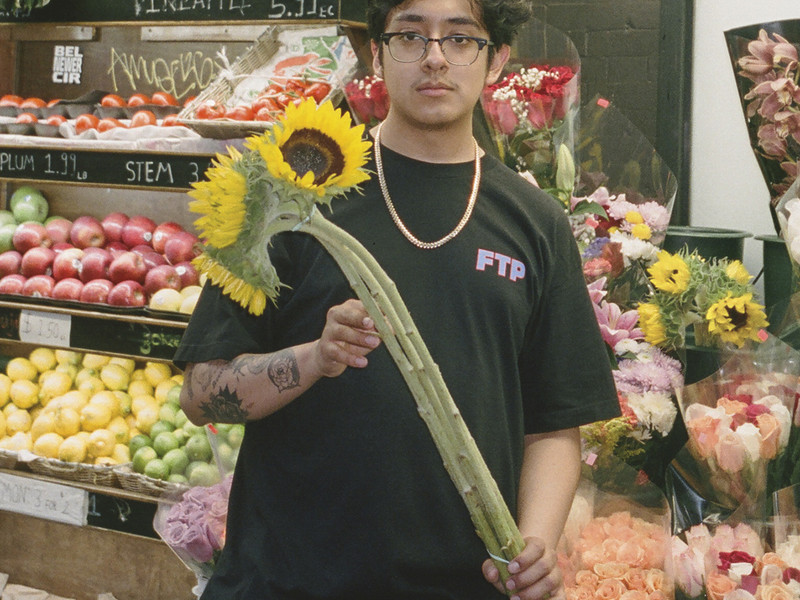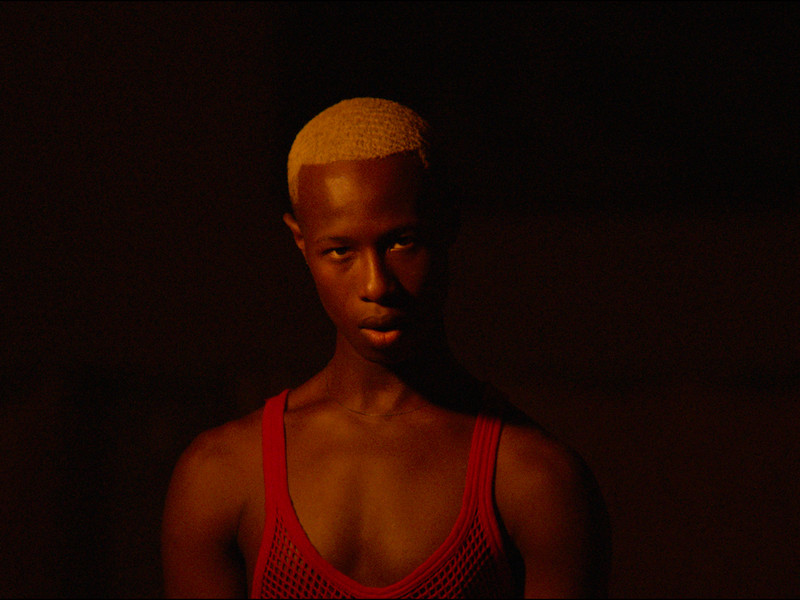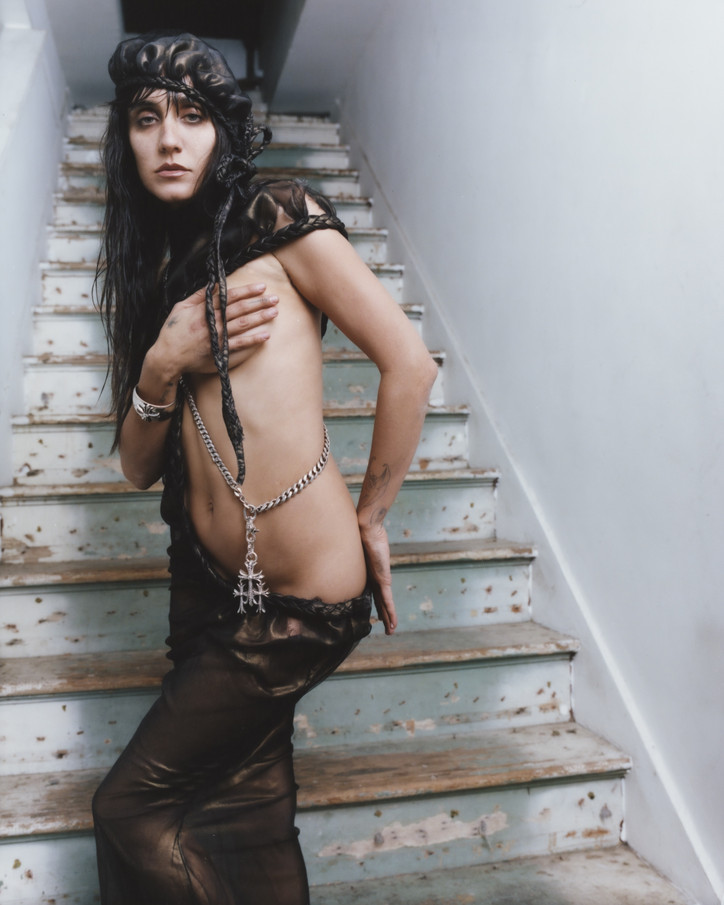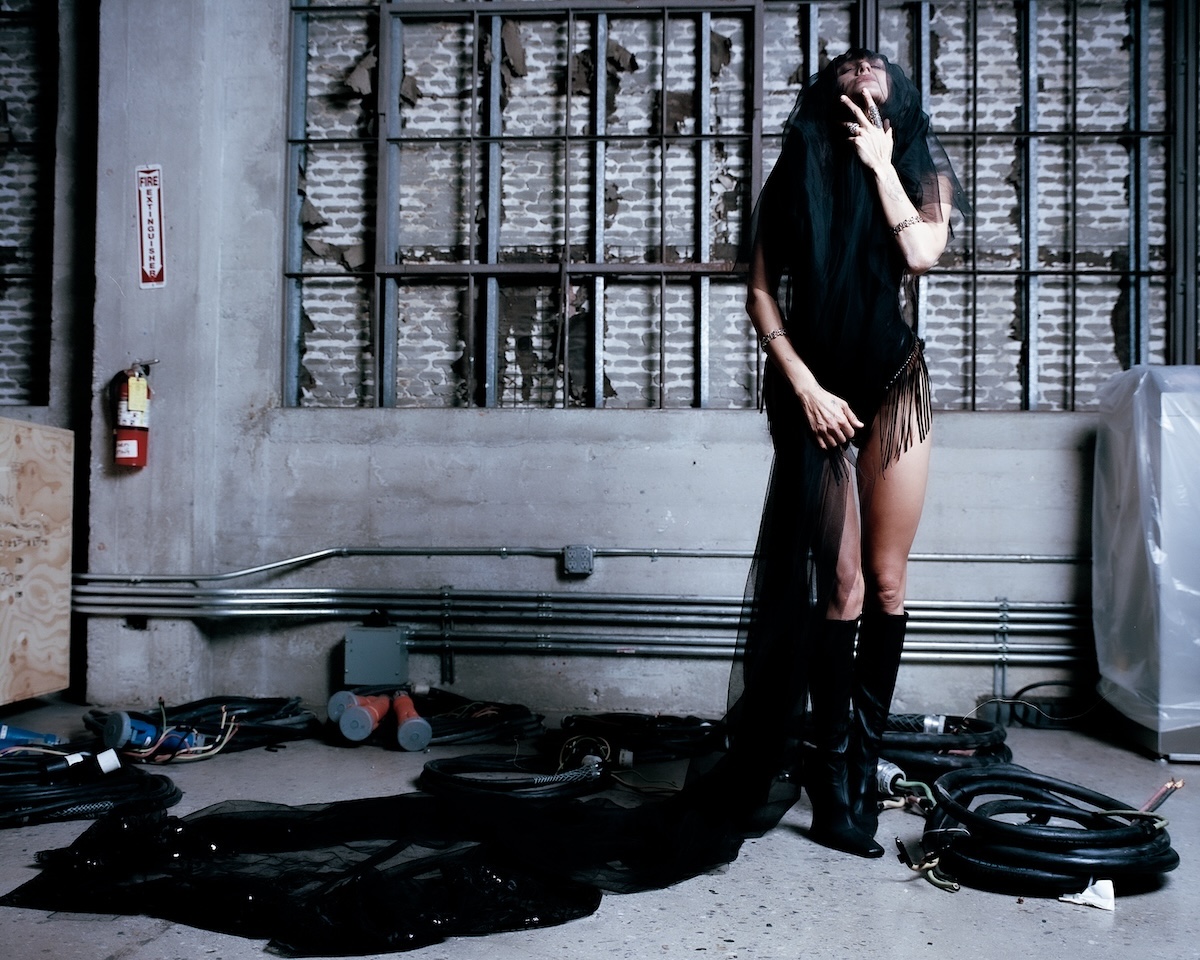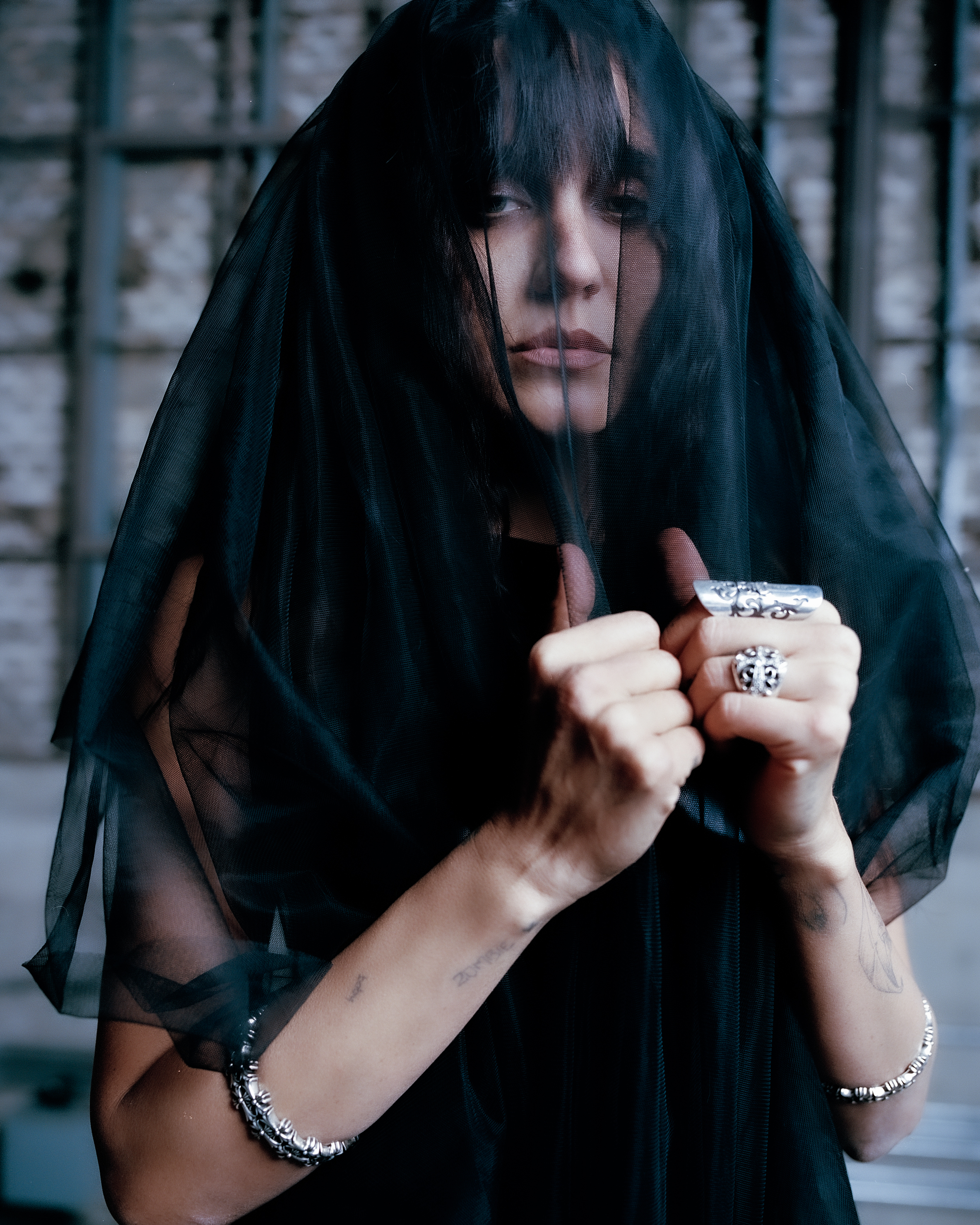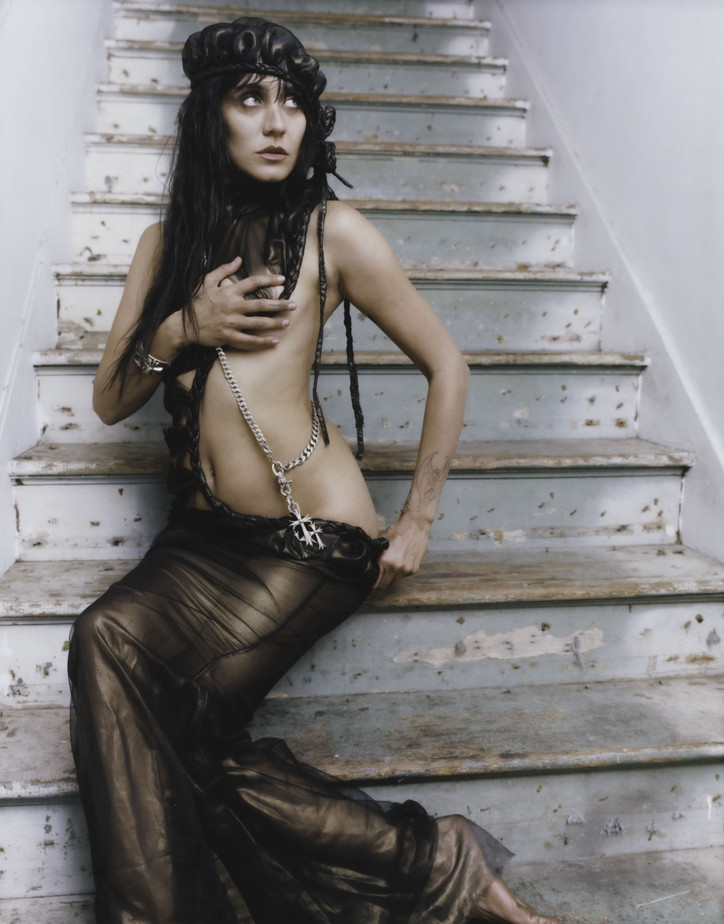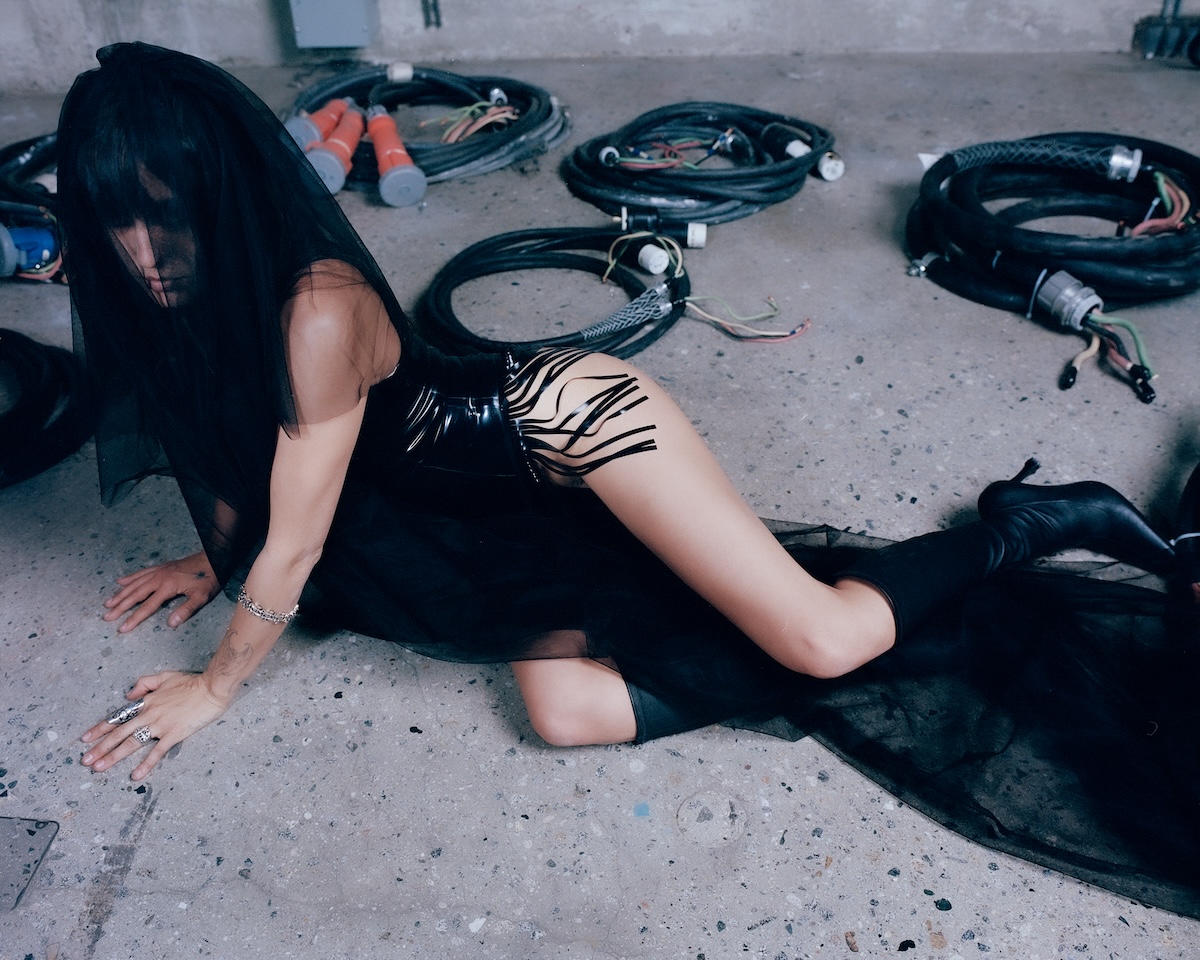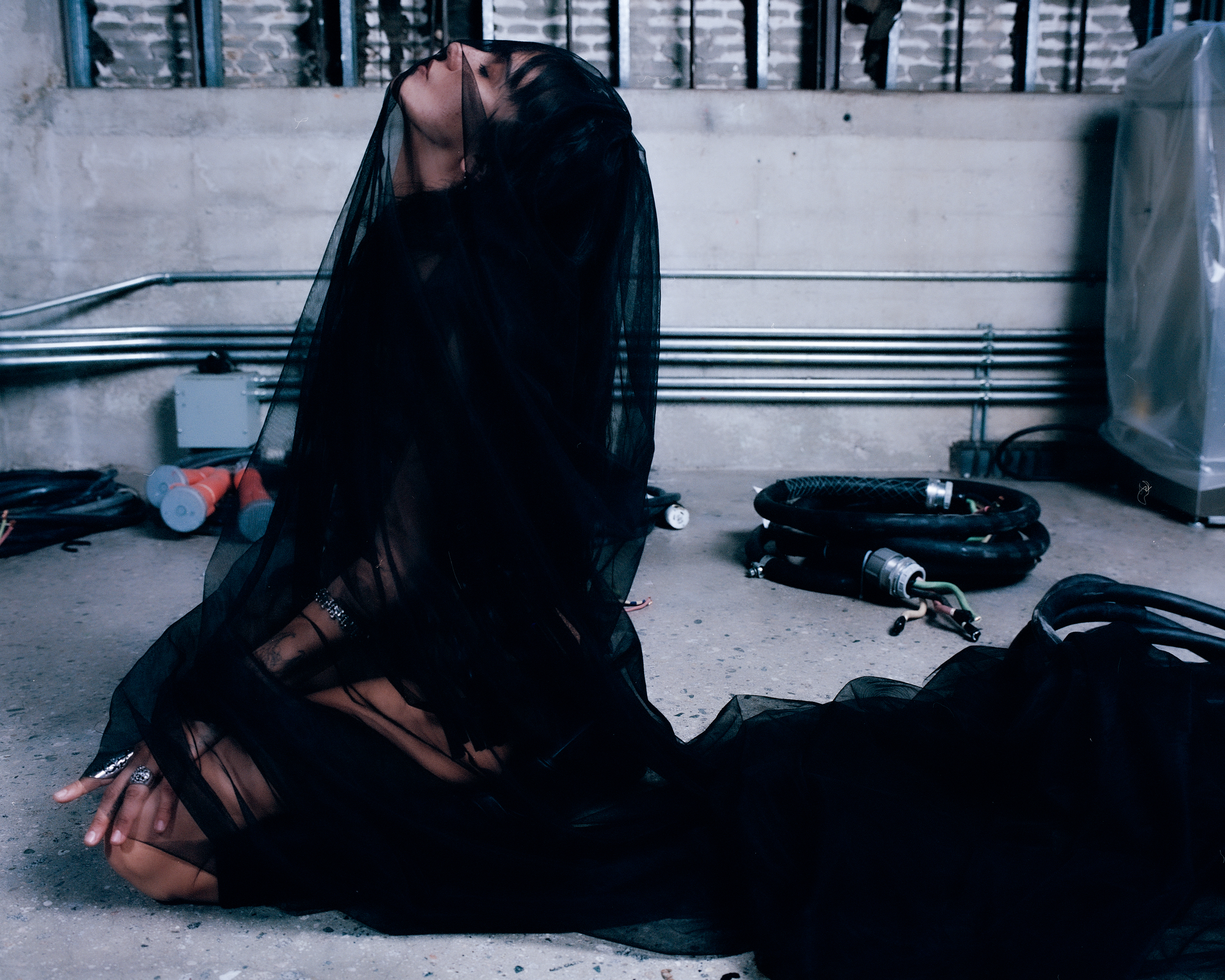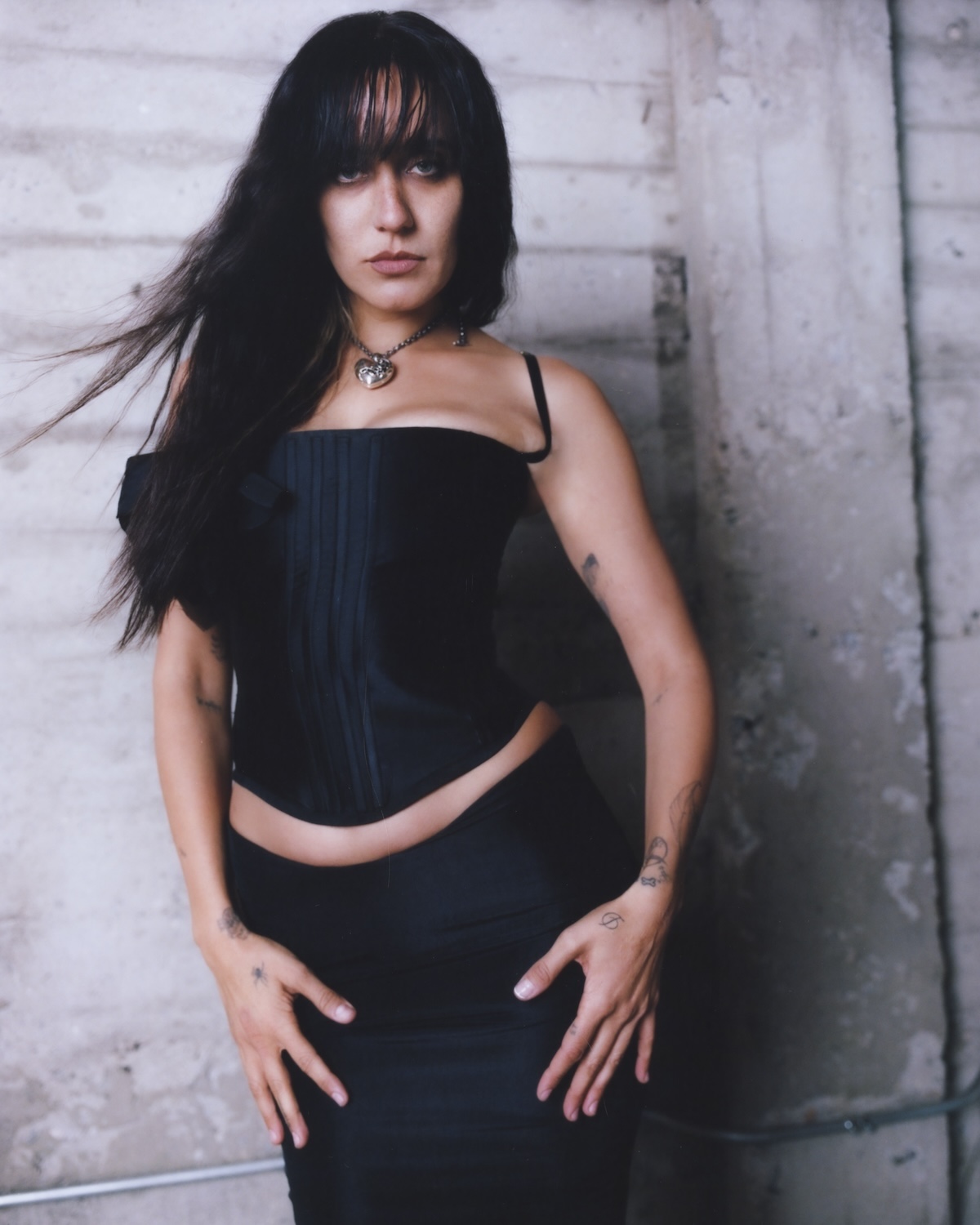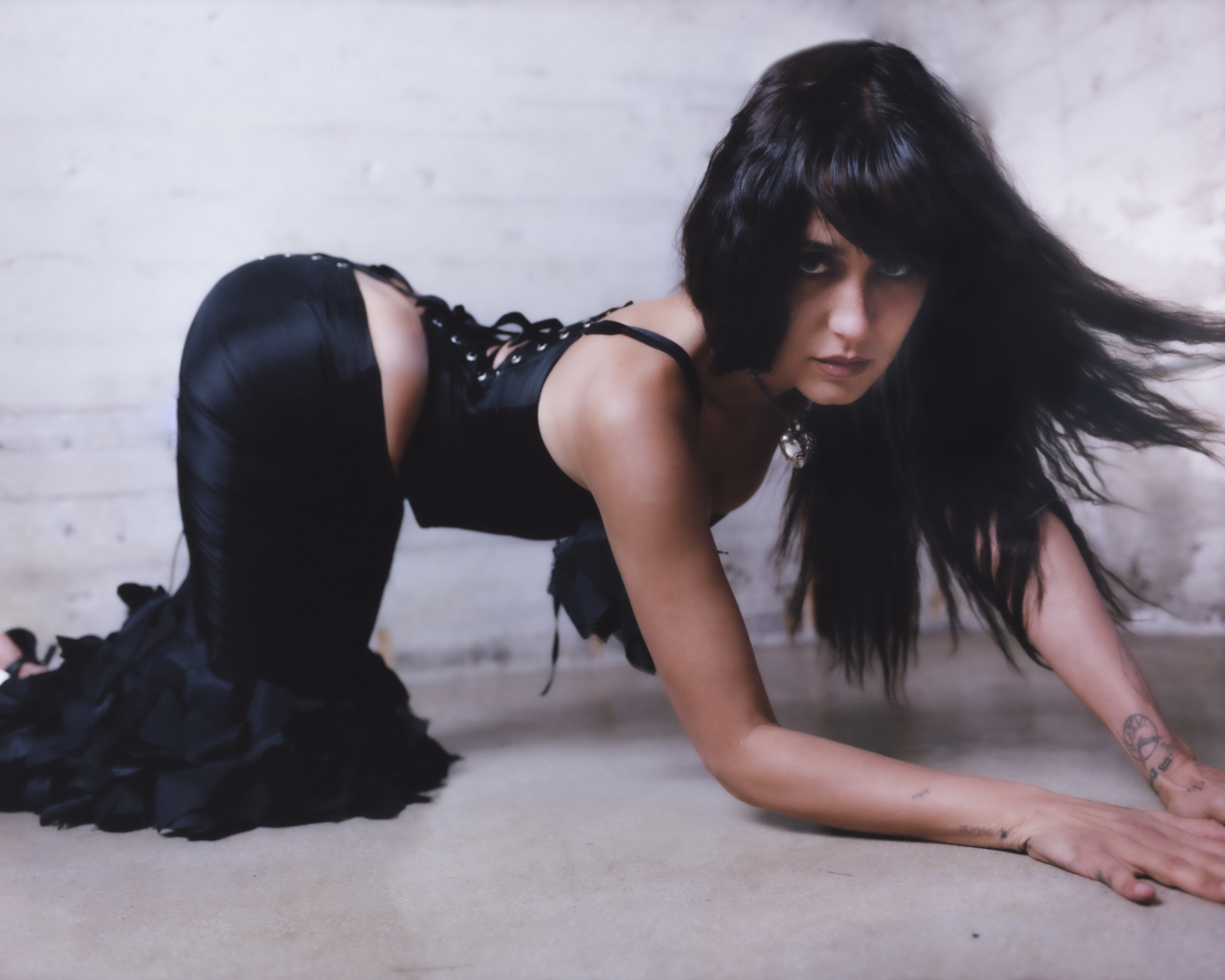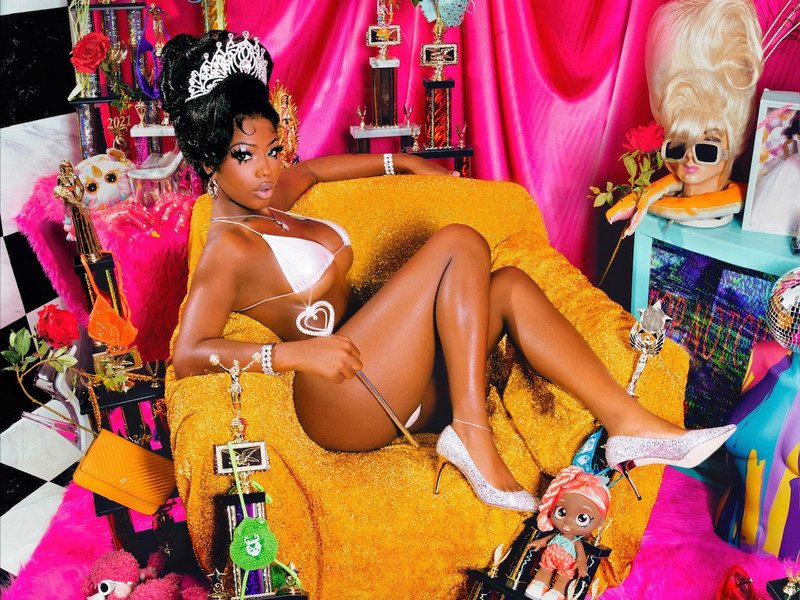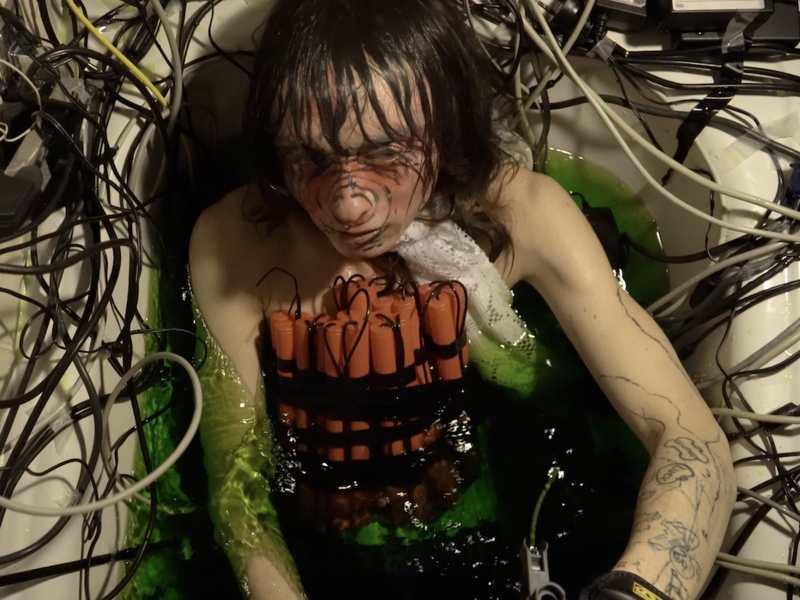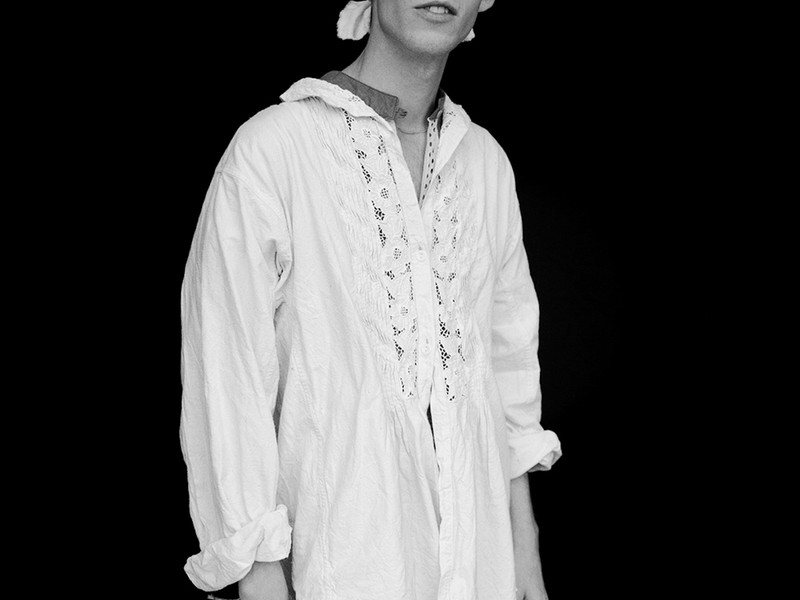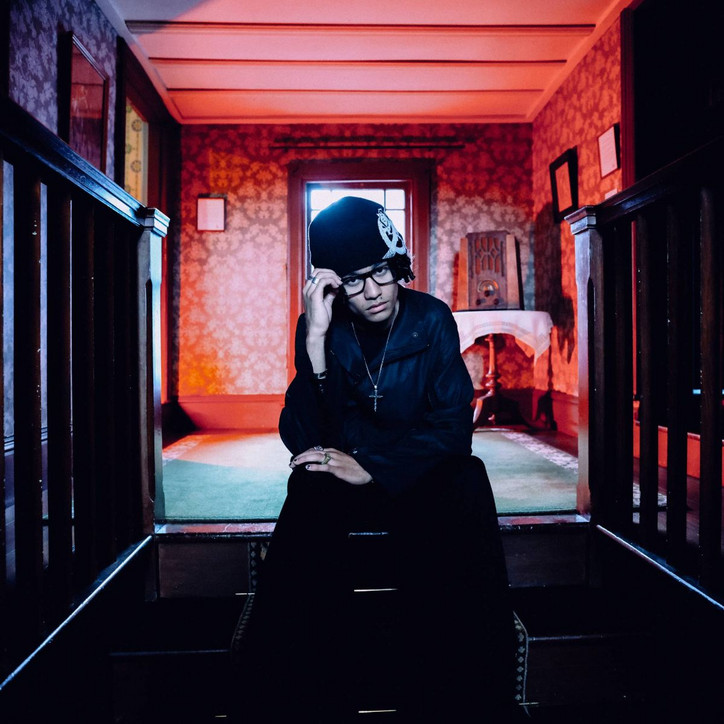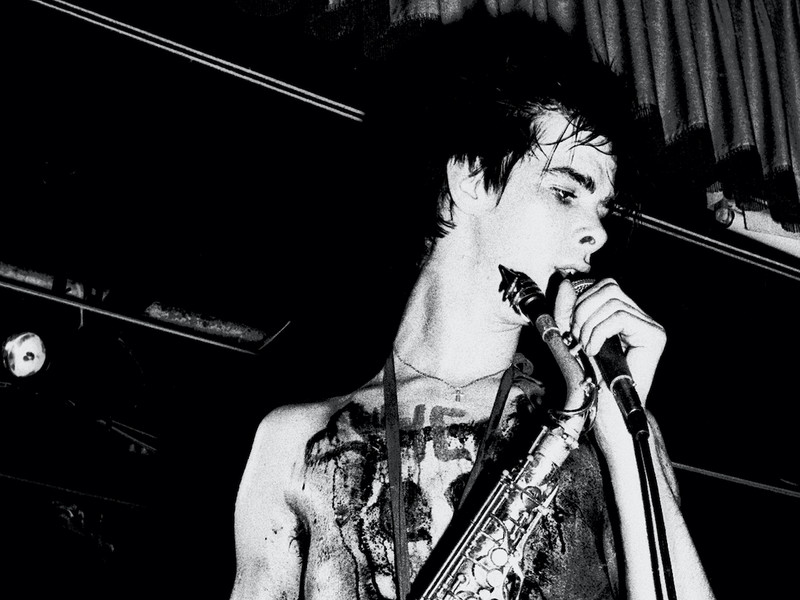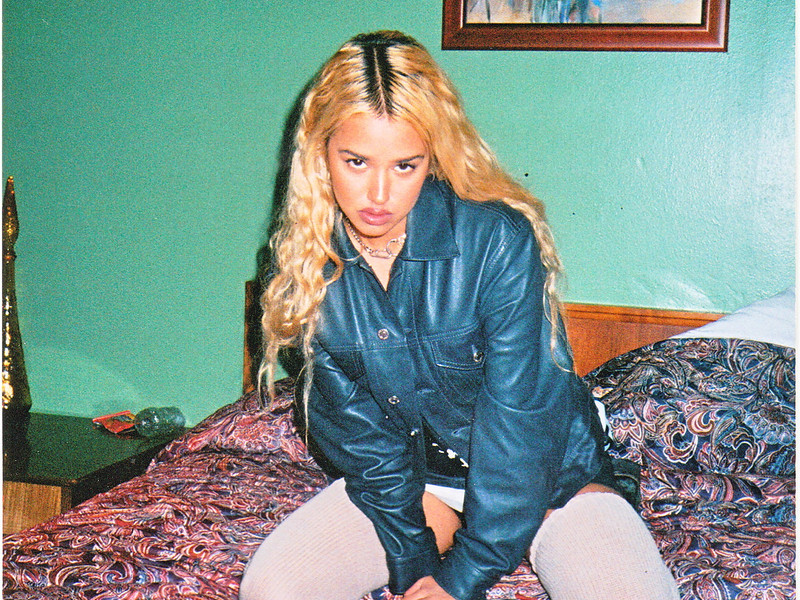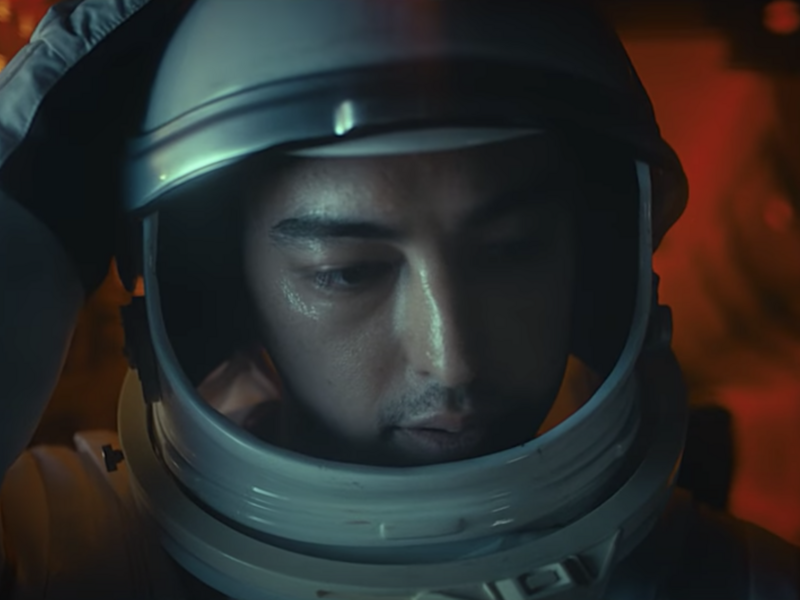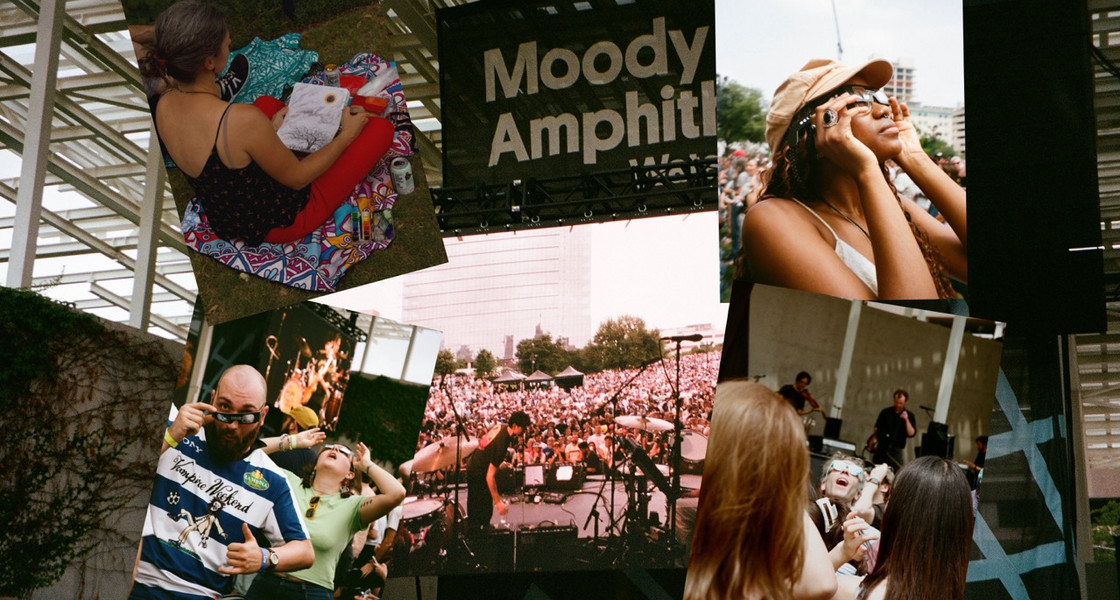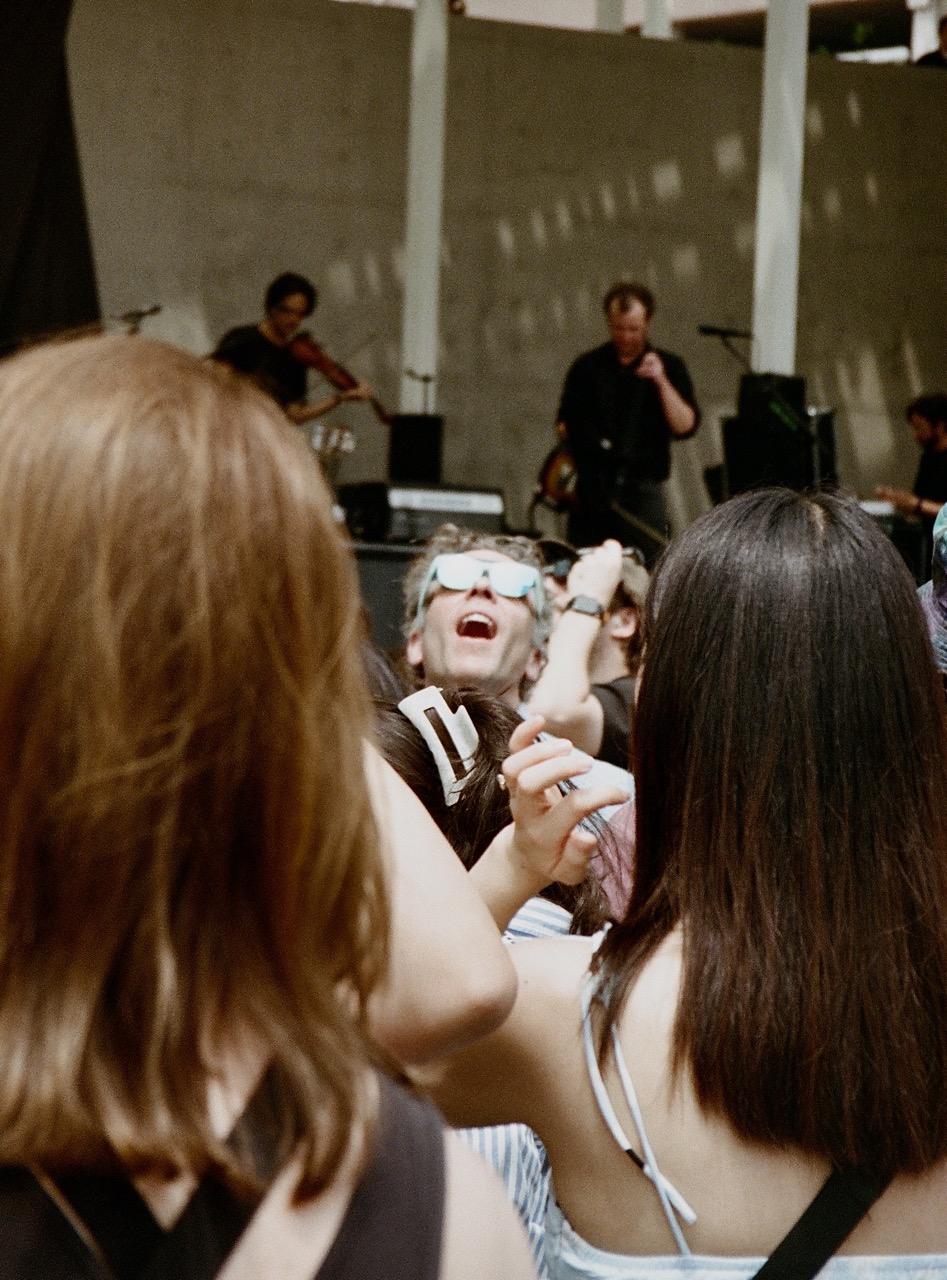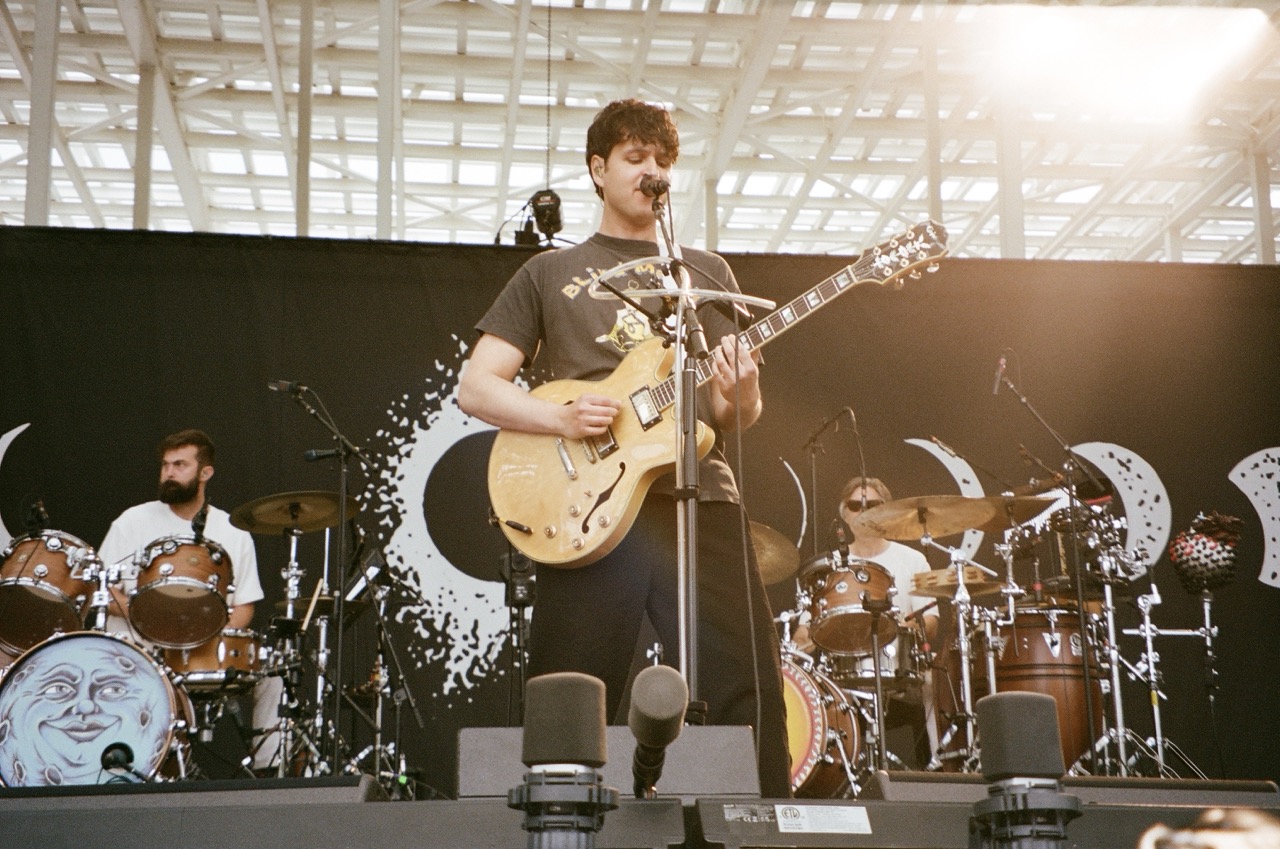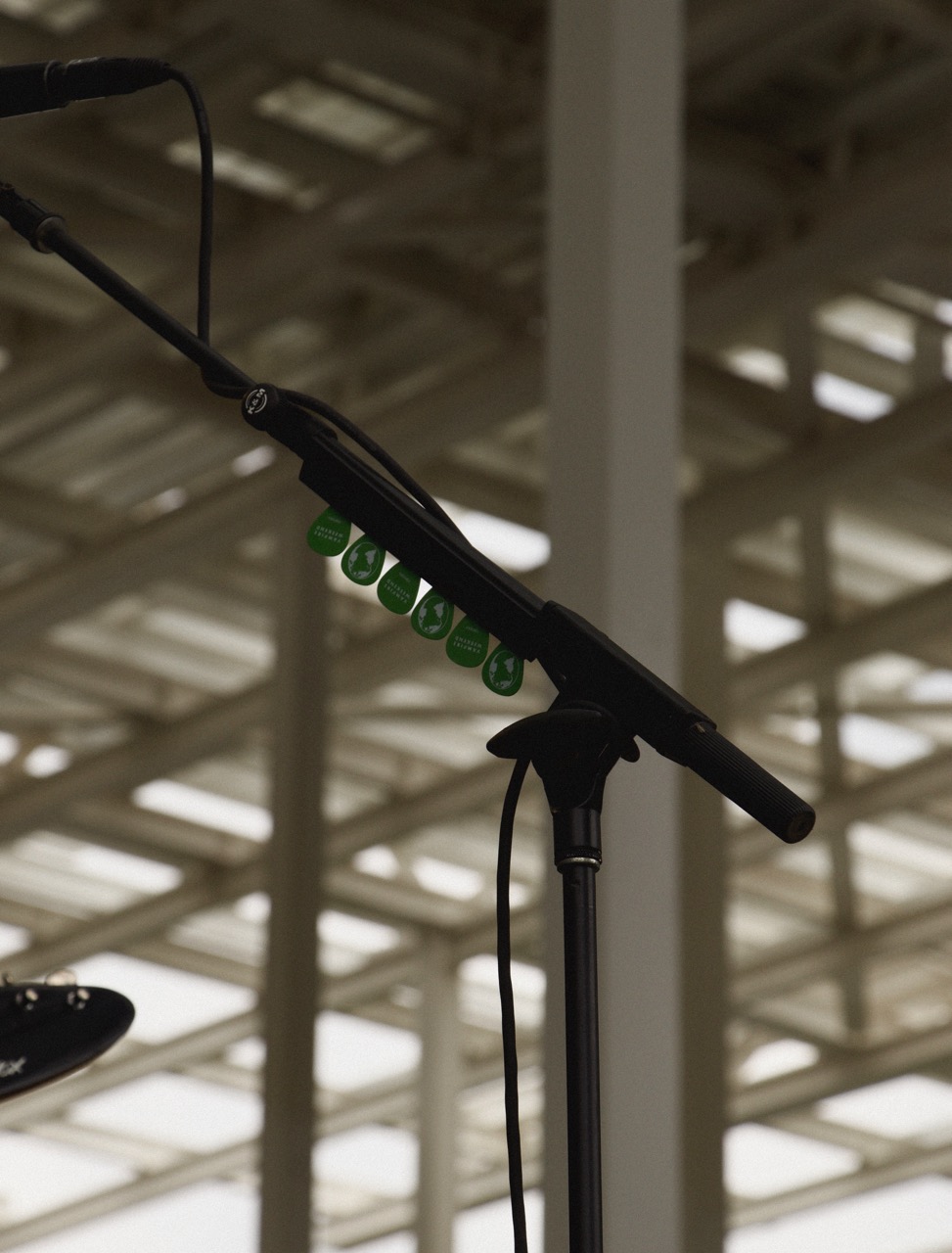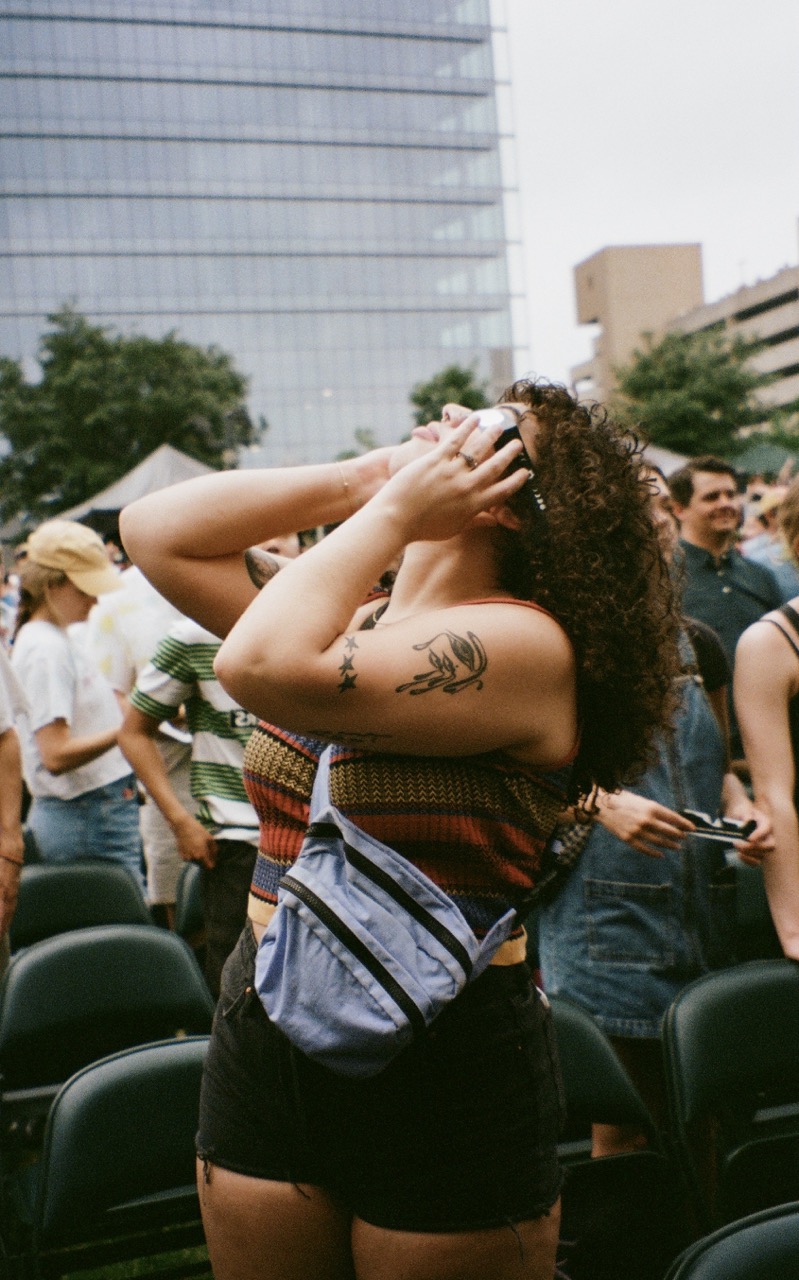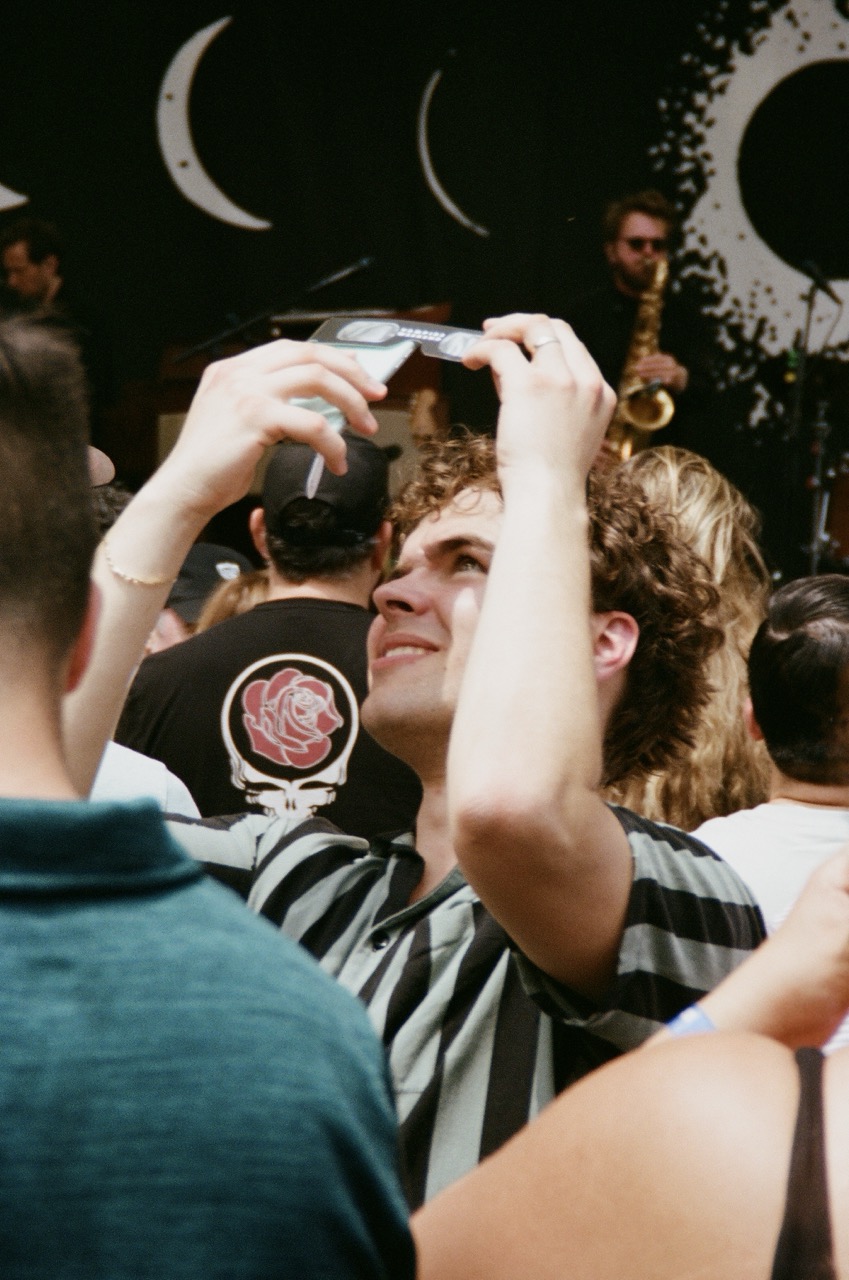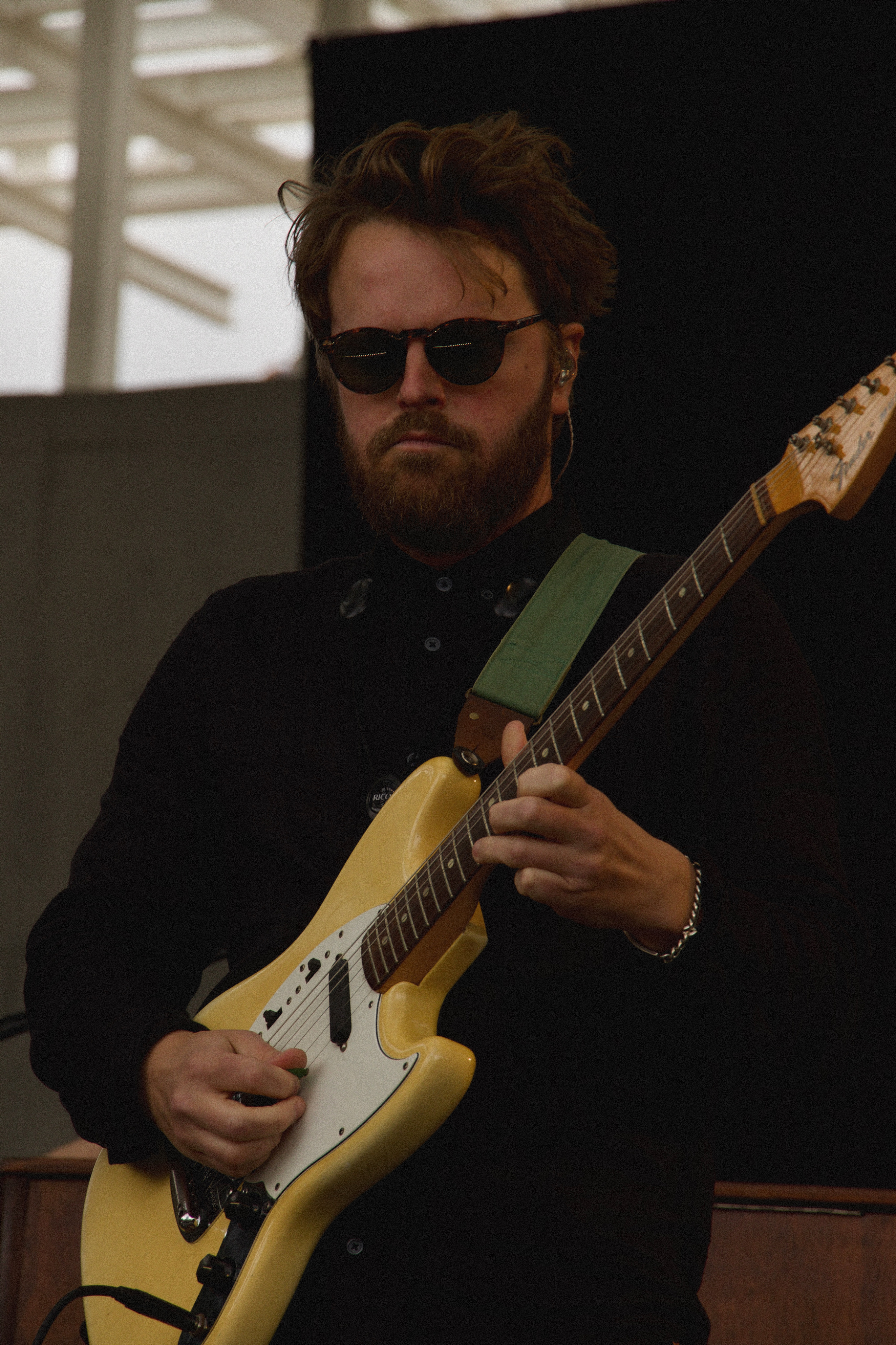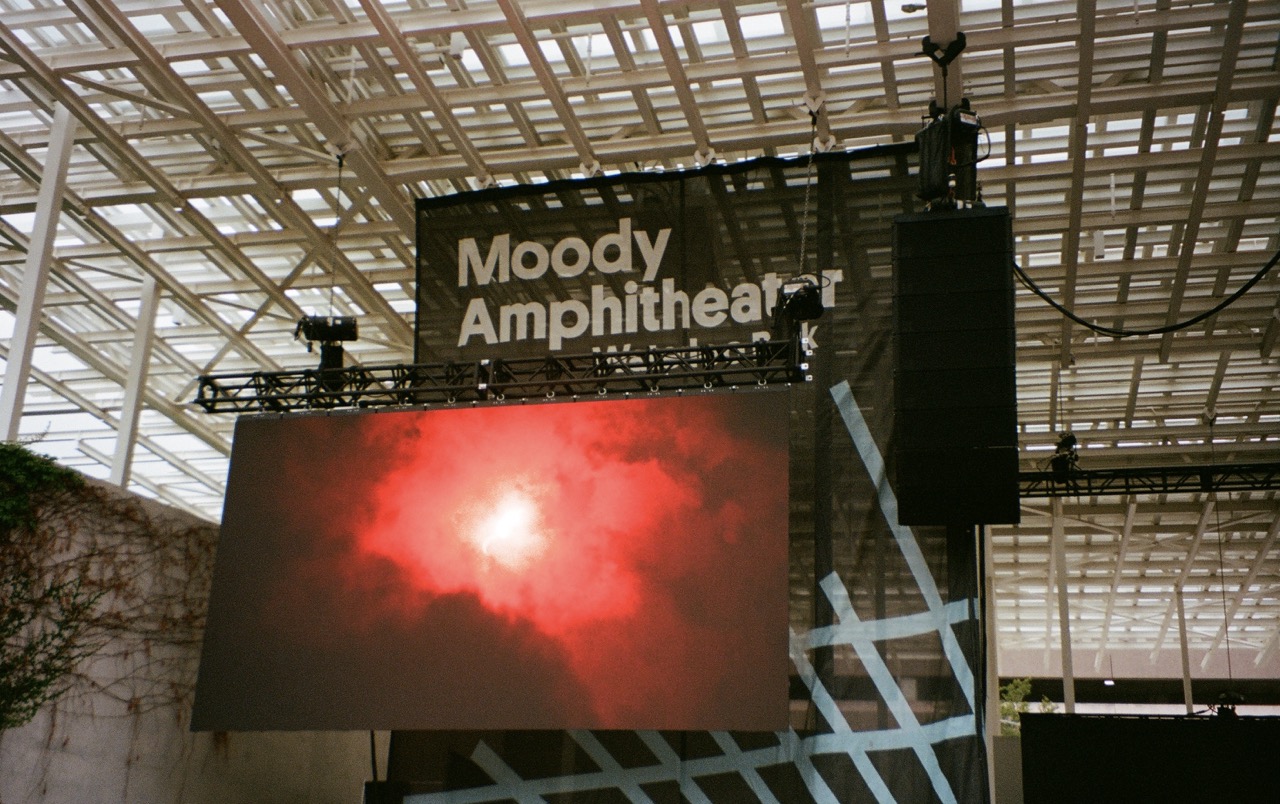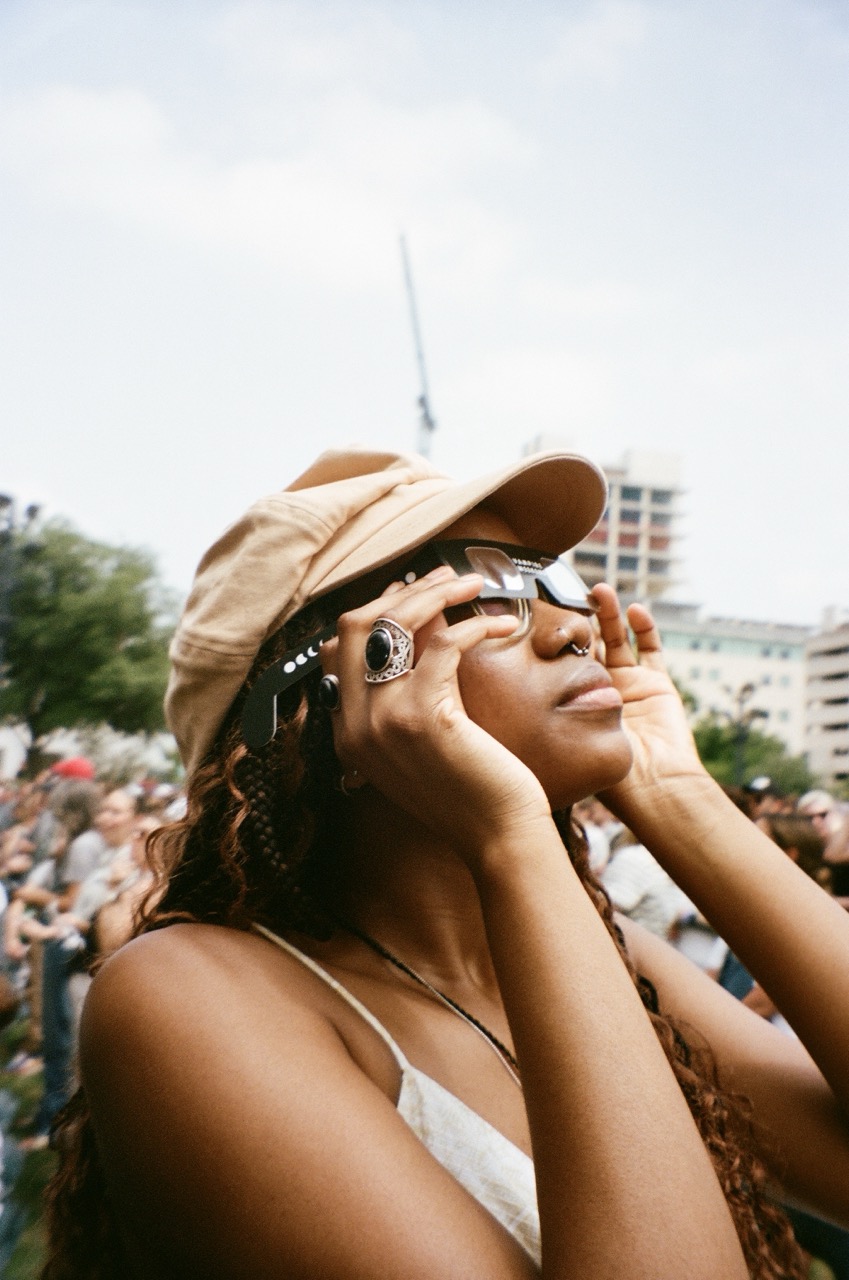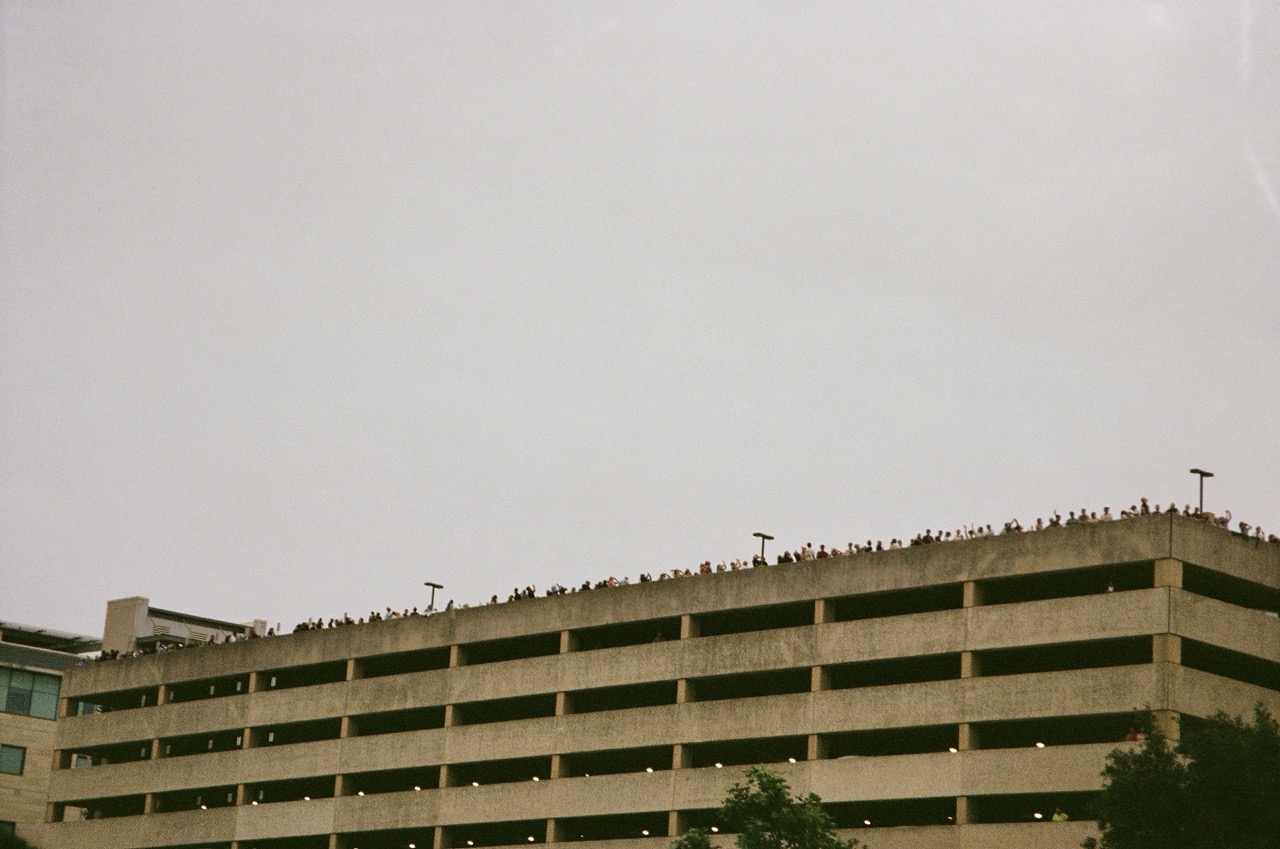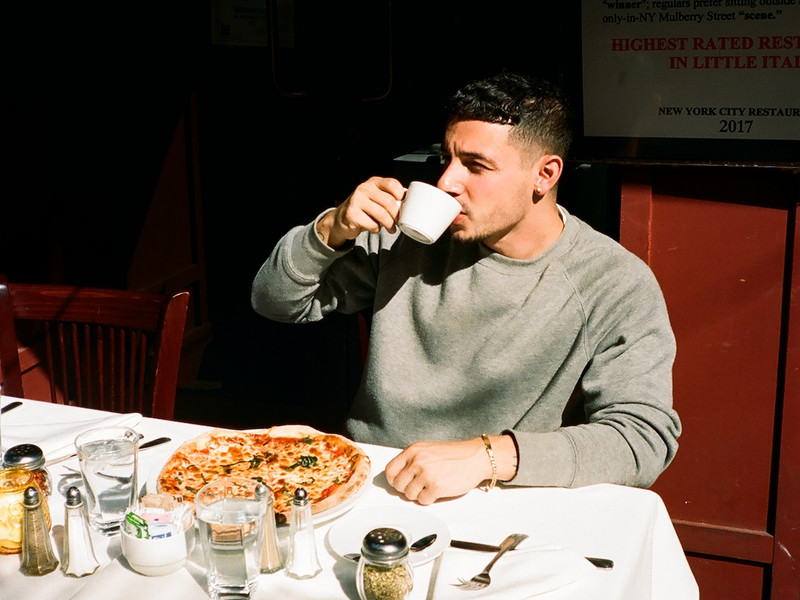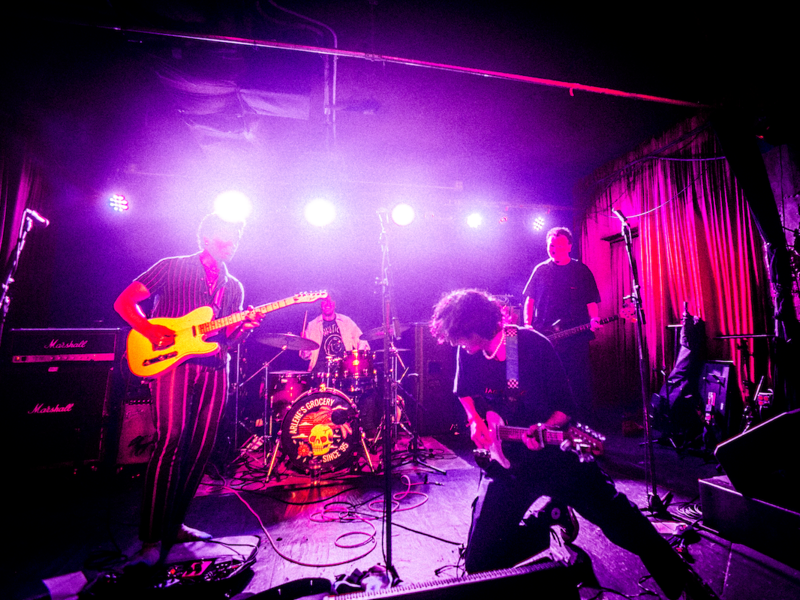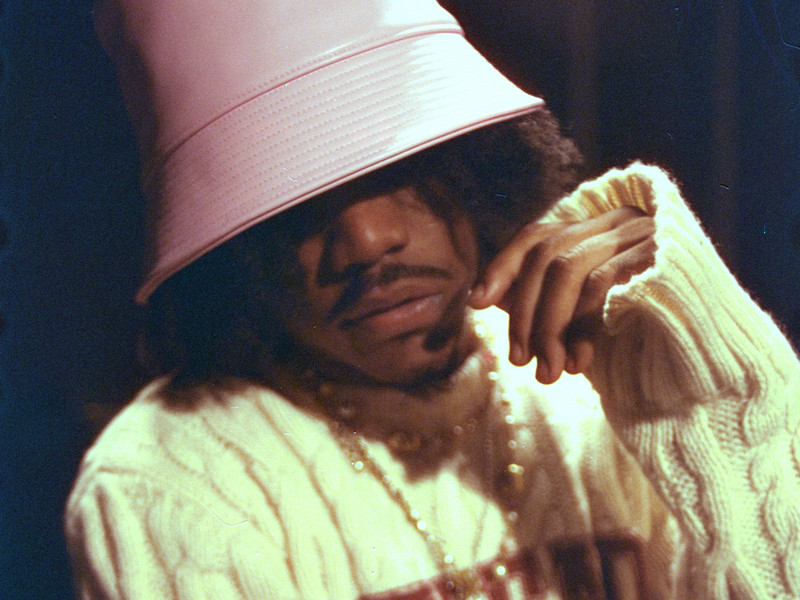Outside Lands Photo Journal: Moments with Kelis, Boys Noize and More
Join office as we share warm moments from this year’s Outside Lands Festival with a photo journal of the weekend and a series of intimate interviews with musicians Kelis, Sofía Valdés, producer and DJ Alexander Ridha, also known as Boys Noize, and husband and wife duo, Buscabulla.
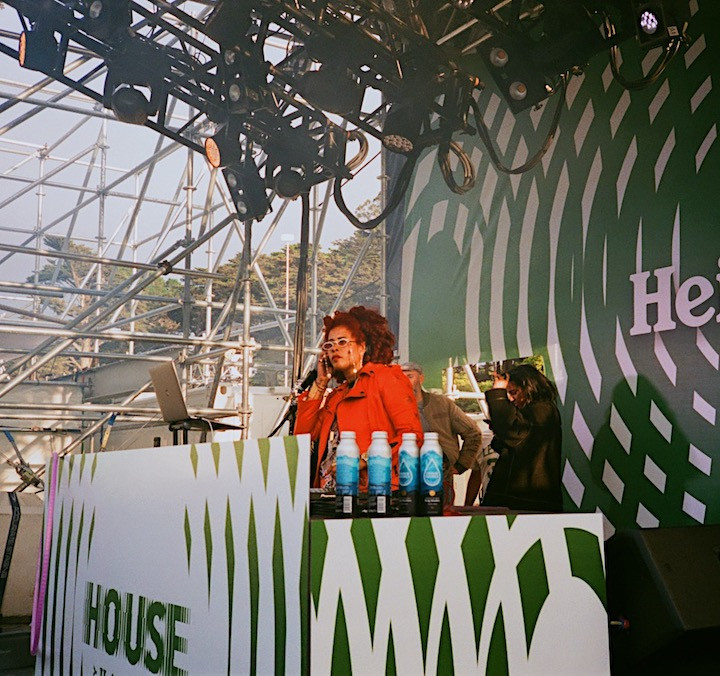
You are someone who is so unique and brilliant in the music industry for being irrefutably honest and true to themselves in every aspect of your work. Where have you found the power and faith to do that?
I mean, I get a lot of credit for being that, but I don't think anyone ever sets out to be like, “I'm going to take all the hits, and I'm going to take all the beatings and all the ‘no’s,” you know what I mean? But I think it just gets to a point where it's like, I don't know what else to be. So it's kind of like “this is what I've got.” I think I've always known that. I always knew that the way that I was best was saying it how I saw it. The irony of it is that we're talking 20 something years later, which was not an easy or smooth road, people talk about my courage and bravery and all these things now. But before, they were like, “please stop. Like, no, ma'am. We are not going to play your record. We are not going to let you perform here. You are not doing this.” It was a lot of ‘no’s. But you keep pushing until you get that ‘yes’. I am relentless, by nature. Probably to a fault. But I don’t have anything else to give. This is what I’ve got.
Looking back to 1999 and the release of Kaleidoscope, what wisdom would you give to your younger self about that time? Would you change something if you could?
I think I would say to really trust your instincts. I had such a different concept of the music industry. I grew up with my dad being a jazz musician and I was so in love and enthralled with the camaraderie of it. They were all in this struggle together. They had a mutual respect for each other and their camaraderie was really larger than life. They were making the world move in a way that we'd never seen before. I think that I had the idea that it would be like that for me. And it was not. Being a woman and being black, in the time that I was...it was really nothing like I expected. I was really naive. I came from artistic parents, so I thought, “yes! We will express ourselves! I will express myself and everyone will listen to me expressing myself!” That is just not how it is. It seems kind of bad to say but if I were to go back and say something to myself, it would be, “Keep your guard up and keep pushing. It's not necessarily what you thought it was, but it can still be pretty spectacular.”
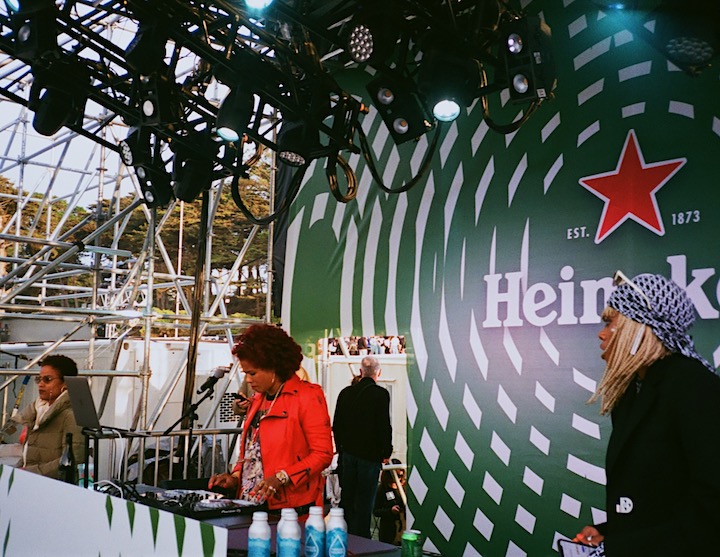
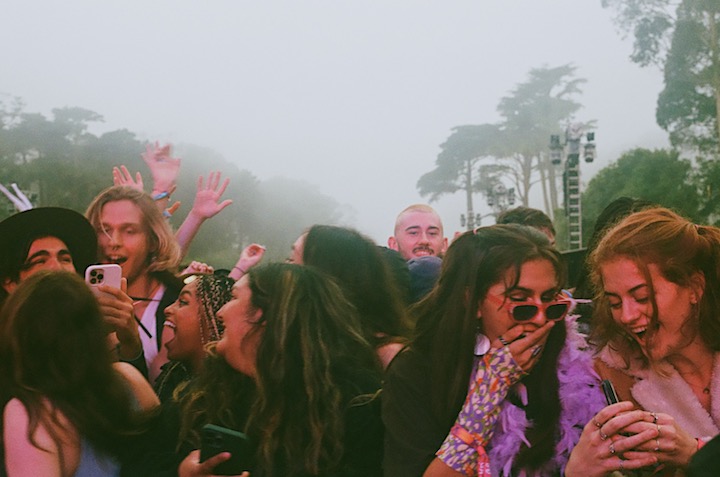
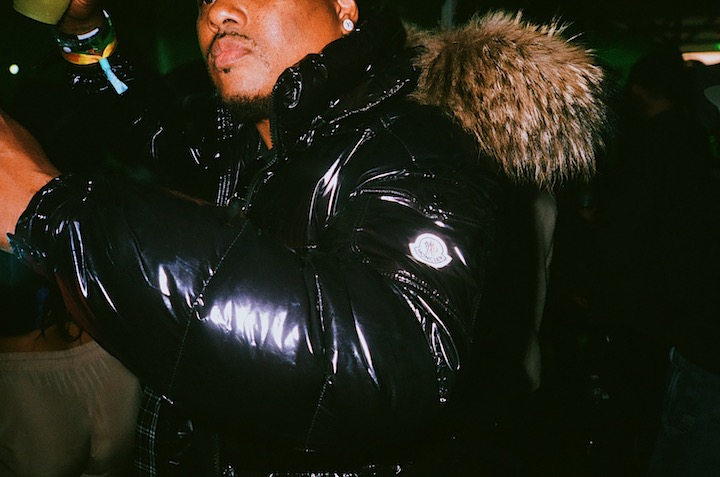
Unfortunately, that seems similar to the experience of a lot of black, female artists around that time, and even now.
Especially in the era that I came up in, if we weren’t crooning and singing about some tragic love loss, and singing like, “Oh, my heart is broken,” we weren’t given many options. We all have a very similar story, because we all had similar struggles. And there's this whole setup where we were always separated. It was very difficult to link up with others and share experiences and perspectives. Unfortunately, the industry is extremely white male dominated, and you're told what you’re supposed to be and where you're supposed to go. It can get very uncomfortable if you let it.
I wanted to ask you about your adolescence growing up in Harlem and going to LaGuardia. How has it influenced you up until today in all the things that you're doing: from your music, to your cooking and farming, and everything else you choose to pursue?
One thing that my mom was really great at was making me feel like I had a voice and that when I said something, it mattered. She did that so early on, and even my decision to go to LaGuardia and all those decisions that I made after that, she allowed me to make, you know. I'm so grateful, because I had such an early and good experience of understanding where I stood. I learned early on that I was going to be different. I don't assimilate well. Even when I try, it doesn’t happen. I need to just do what I know. Having figured that out early on, my mom gave me license to explore. Growing up and going to LaGuardia was such a great time for me. I was actually a drama major and I loved it. It was dope. I was able to kind of own my space and flourish and sort of just be myself and experiment and try new things without any real judgments. I mean, it was a safe space. I feel like when I came out at 18, 19 years old, I already had the foundation and knew I had confidence. Whenever people told me “no,” I asked why. Usually, I just did the thing anyway. Because of that and since then, whether haphazard or not, I’m grateful for all of the choices that I made.
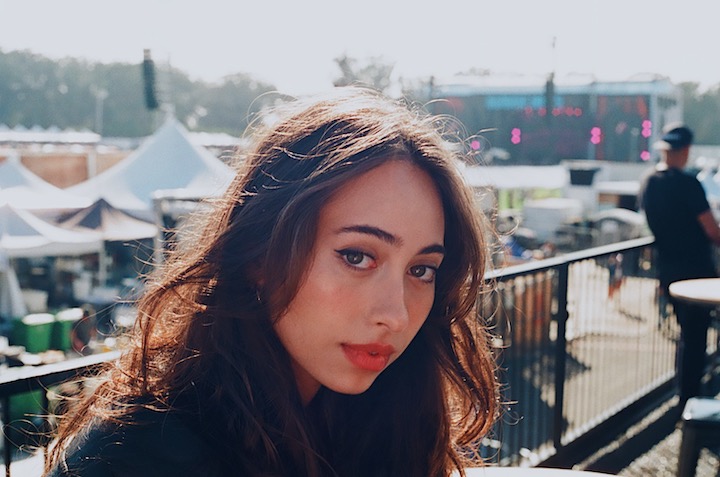
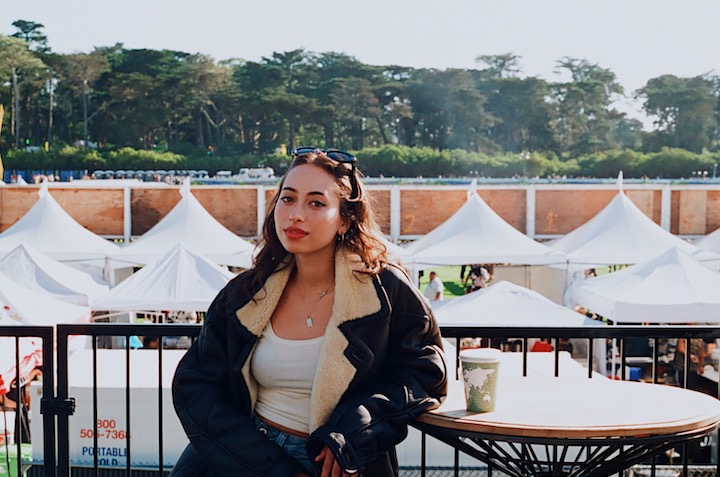
Being back on stage here at a music festival, how does it feel to connect with a live audience?
I think it adds a new aspect that I like about music. I’ve never really liked performing. Now that I'm performing and seeing people’s reactions it's different. Yesterday I was doing a show and I got to go down into the crowd after to hang out with them. They were so happy to be there. I like making people happy, you know.
Who is someone that you’re channeling when you’re on stage performing?
I definitely feel a part of me is channeling my great grandmother. She was also a woman in music. She performed Panamanian folk music. Whenever my family or anyone talks about her I feel that connection to her. Even though sometimes I question what I am doing and why I’m doing it.
Why are you doing it?
It’s been my dream since I was younger. Obviously, I think dreams change over time. But I never changed my path. I was always very focused. And sometimes I was like, why am I focused? And I've had really horrible lows and very beautiful highs starting out. This sounds so cheesy, but the blessings that I've been able to have, I think are a little ridiculous sometimes. I don’t know why I have them. Why am I here, you know. I know I've worked my ass off. I left home when I was 15 to pursue music. There were nights where I was just with my guitar in the train station for hours and hours and hours to try to get that one train that was the cheapest or I’d be sleeping on my friend's couches down in London. I was trying to make something happen.

Are you happy or satisfied with where you have ended up now?
I'm just very grateful. I want to be present and thankful for every opportunity that I’ve had. I try to remember my younger self. The person that comes to my mind is little Sofia.
What about her comes to mind?
I carry around this little glitter thing with me. When I was little, I would buy a shit ton of glitter, put it in a bowl and then mix it and be doing my little witchcraft. I thought I was a witch when I was little. I loved the glitter and I would keep it with me every night. I would shake the glitter and ask for a wish over and over again every day. I would do the same and put it all over my mom’s bed and my sister’s bed. Everyone's pissed at me because there was glitter all over the house. But I was like, “Dude, this glitter is gonna help you get whatever the fuck you want.” Till this day, I carry around this glitter with me. It keeps little Sofia and everything she wanted with me always. It reminds me why I’m here doing what I’m doing.
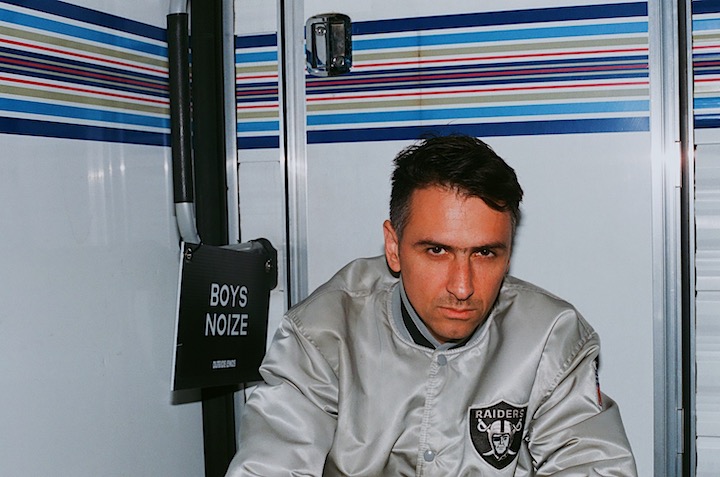
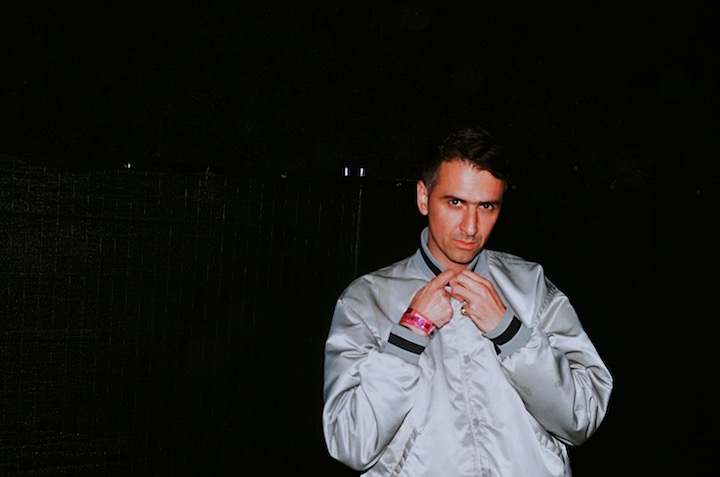
What did the process of putting together and releasing your latest album, +/-, look like for you?
The first thing that starts everything is the sound. So at first I always look for sounds that I don't hear in the records that I buy and play. I had this one sound and you know, after all these years and all the gear that I bought, I had this moment where I heard something that I've never heard before. It happens very rarely. And that was the beginning of the track called “Greenpoint.” I've gone deep into this modular world of building my own instruments and that was one of the first and it sounded a little more industrial. At the same time, I became friends with this fine artist named Eric Timothy Carlson, who I met through Justin Vernon of Bon Iver. We were working on some stuff and we played some shows together. So I became friends with Eric, who designs all of Bon Iver’s albums and does all the design. I loved him as an artist already. I contacted him to ask if he wanted to be part of my new album and thank god he said yes. For the last three years we've been diving deep into the concept of polarity and plus and minus. We basically covered every possible aspect of polarity from social aspects to gravity to really anything that is a binary. The music on the album explores that sound wise. Let’s say I have a really distorted and disturbing sound...well what can I do to make it funky? Or you know, we have Rico Nasty rapping over a 90 BPM industrial techno beat. This shit never happens.
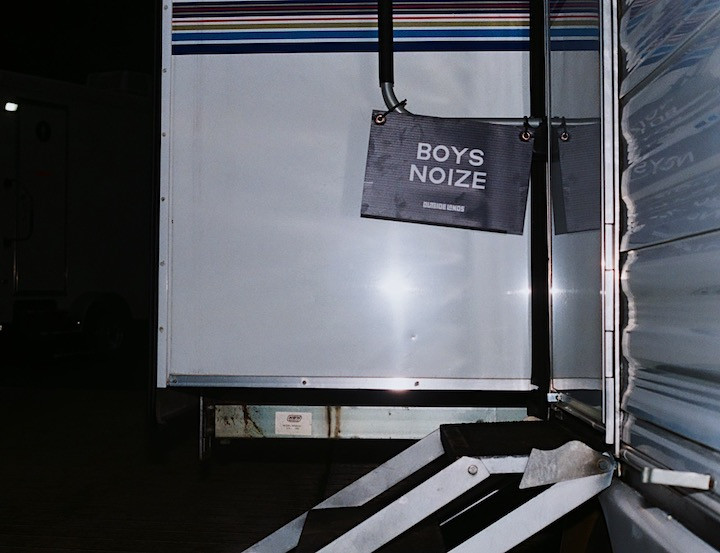
Speaking of your recent releases, I am obsessed with your remix of Shygirl’s “Tasty.” Can you tell me a little about how that collaboration came together?
We had been talking over social media for a while about making music together. For me, I really need to be in the room with the artist, especially with someone who is an artist like her. So we haven’t gotten the chance to record music together in person. It’ll happen eventually, but in the meantime, she asked me for a remix.
Being here at a festival, What kind of energy do you want to bring into your performance? What kind of energy do you want from the audience?
I want to have fun and see high energy. My sets are usually high energy so that what I want to see!
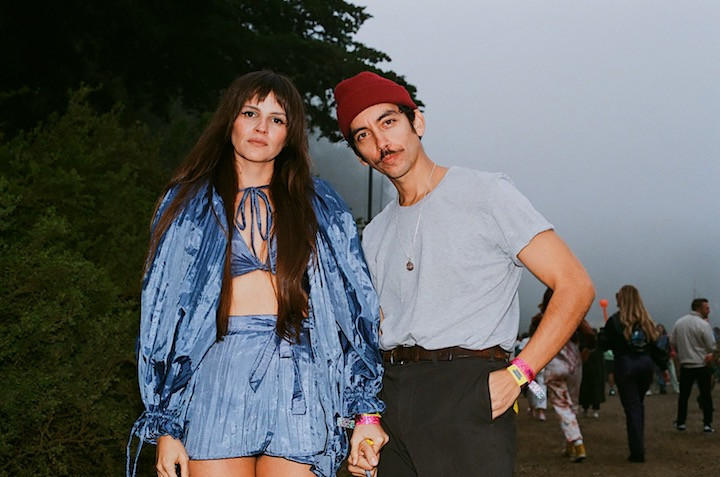
As a husband and wife duo, what does it look and feel like to share such an intimate connection on stage with a live audience?
Raquel: That's funny because it's not intimate at all. I would say it's really hard work. And we did change the layout of the band so that Luis and I are looking at each other when we’re playing. So we're trying to create more of an atmosphere. We want to define our relationship in the way that we're standing on stage because before we were kind of laid out as a traditional band. On the rest of our tour, we play this song that Luis wrote, and I love to look into his eyes when we’re performing it. Regardless, it can still be pretty awkward.
How do you compartmentalize those different parts of your work and relationship being alongside each other all of the time?
Luis: It's really one of those things where you have to try to separate it. When you get up on the stage, things have to get done. You know what I mean? Certain things have to get done. So it's a lot of work. There's like a checklist that I'm going through in my head everytime to make sure that everything is fine. Everything's working the right way. Of course, there's moments or little glimpses where you're like, “Oh, there she is,” you know, this is the person that I’m with. But then it’s right back to work.
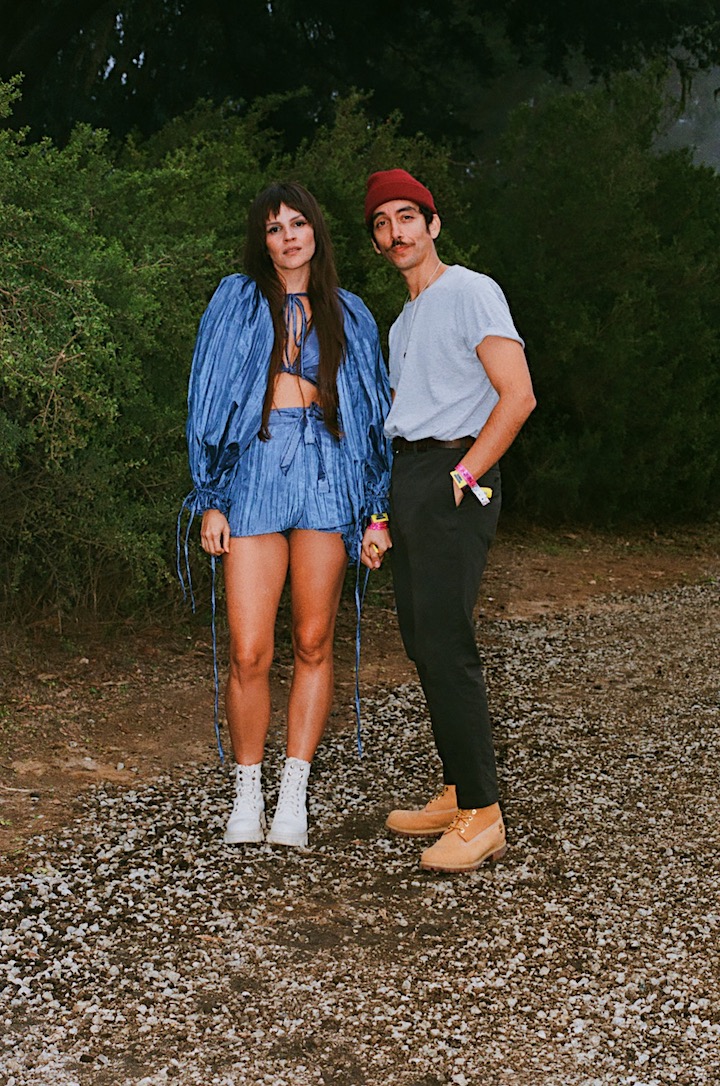
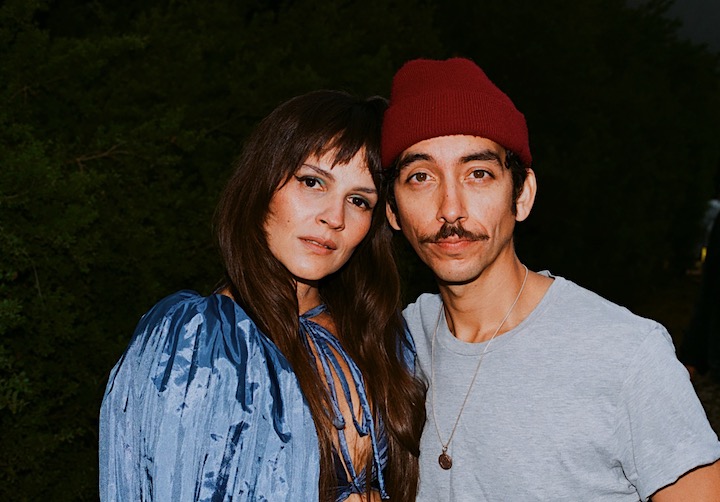
What were the intentions and influences behind your recent project, Regresa?
Raquel: When we made the first two EPs we lived in New York. We were very inspired by what people were listening to in their cars and the stuff that you hear on the radio like hot 97 and disco music. We kind of had a very nostalgic, faraway view of Puerto Rico and our home. Puerto Ricans who are outside of the island…we always have a longing to come back. The island is something like a paradise island in our minds. Part of our identity is the longing. “Regresa” is literally about demystifying the way we say Puerto Rico for so long. It was also about channeling the emotions of coming back to our home which we had been away from for 10 years.
What are each of your favorite memories of performing together?
Luis: We went to Machu Picchu, because we got to play this very random concert in Peru. They called us and they organized everything and it was like a one off show. Everybody showed up and had such an amazing time and it was something I'd never expected. We played the show and then the days after we took a bus out to Cuzco and Machu Picchu and while we were at the mountain, I really had that moment where I was like, “man, we're here at the top of the world, because our music got us here.”
Raquel: I don’t know how to top that. I think Peru is one of my favorite memories too. It’s pretty magical. The energy there was wild.
Visit Outside Lands' official website here. The annual music and art festival will reconvene August 5-7, 2022.
